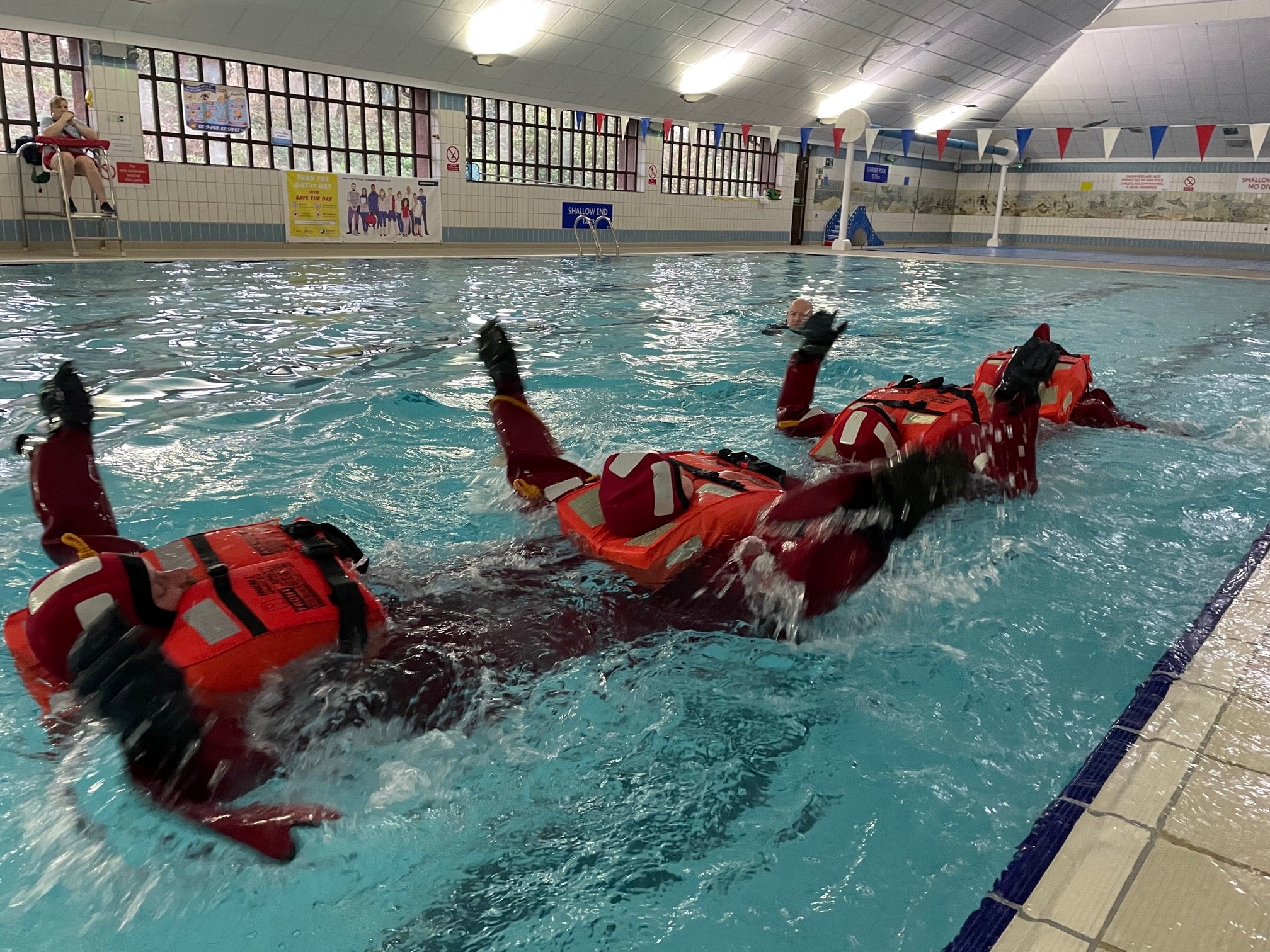Are you dreaming of a career that allows you to travel the world while working in a unique and exciting environment? Working on a cruise ship might be the perfect fit for you! In this article, we'll delve into what it takes to land a job on a cruise ship, including the qualifications, requirements, and training needed to ensure you're prepared for a maritime adventure.
Getting Started: Qualifications and Training
One of the first questions aspiring cruise ship employees often ask is, "What qualifications do I need?"
While specific qualifications vary depending on the role you're interested in, most positions on a cruise ship don't require a degree. However, some positions may require specialised training or certifications related to safety and maritime operations. These certifications ensure that you can perform your duties effectively and respond to emergencies.
Here are a few key certifications you might need:
- STCW Certification: The Standards of Training, Certification, and Watchkeeping for Seafarers is essential for anyone wishing to work on commercial ships. It covers basic safety training, firefighting, first aid and survival at sea.
- Medical Certificate: Depending on your job, you may need a valid medical certificate to prove you're fit for the physical demands of working on a ship.
- Food Safety Certification: If you're working in the ship's galley or a restaurant, you may need food safety training and certification.

What are the basic requirements for working on a cruise ship?
Before you even consider working on a cruise ship, you must ensure that you meet all the requirements. These typically include:
- Minimum Age: Most cruise lines require applicants to be at least 21 years old, although some positions may accept candidates as young as 18.
- Valid Passport: You must have a valid passport with a minimum of six months' validity beyond your contract end date.
- Visa Requirements: Depending on your nationality and the ship's itinerary, you may need specific visas for various countries you'll visit during your contract. Cruise ships can often assist you in how to obtain these.
- Criminal Background Check: Cruise lines often conduct thorough background checks to ensure the safety of passengers and crew. Any criminal convictions could disqualify you from employment.

How do I get a job on a cruise ship?
- Apply Directly: Many cruise lines accept online applications through their official websites. Tailor your CV to highlight relevant skills and experiences and be prepared for an interview.
- Use Recruitment Agencies: There are recruiting agencies specialised in cruise ship employment. They can help match your skills with available positions and guide you through the application process.
- Attend Job Fairs: Some cruise lines participate in job fairs and recruitment events. Attending these can be an excellent opportunity to network and secure a position.
Factors that Set You Apart
To embark on a career at sea, there are also factors that help set you apart in the recruitment process. While many positions do not require a formal degree, having relevant education or training can be a significant advantage.
For specialised roles, such as medical staff or engineers, specific degrees or certifications are usually required, but a myriad of more general skills are also taken into consideration by the hiring department of cruise ship companies:
- Language Skills
Cruise ships are floating melting pots of culture, and effective communication is crucial. Most cruise lines require crew members to be fluent in English, as it's the international language of the industry. Depending on the cruise line and itinerary, proficiency in other languages can be a significant advantage, especially if you interact with passengers.
- Relevant Experience
Having previous experience in your chosen field is often a must. For instance, if you're applying for a position as a bartender, it's beneficial to have bartending experience.
- Physical Fitness
Working on a cruise ship can be physically demanding. Depending on your role, you may be on your feet for long hours, have to lift heavy objects, or endure challenging weather conditions during sailing. A good level of physical fitness is essential to handle these demands effectively.
- Customer Service Skills
Customer satisfaction is paramount in the cruise industry. Regardless of your position, you'll interact with passengers regularly. Exceptional customer service skills, including patience, empathy, and problem-solving abilities, are highly valued.
- Adaptability and Teamwork
Whether you want to work on a cruise ship, a yacht or any other long-haul maritime vessel, life at sea is a unique experience, and it's crucial to be adaptable and a team player. Living and working in a confined space with colleagues from various backgrounds can be challenging, but a positive attitude and a willingness to cooperate are essential for a harmonious work environment.

How Much Can I Earn Working on a Cruise Ship?
As is to be expected, salaries for cruise ship workers vary greatly depending on the position held, but on average, UK-based cruise ship workers earn around £23,000 (€26,759) annually.
At one end of the salary spectrum is the Captain, who can earn £100,000—£145,000 (€116,345—€168,695), while at the lower end of the spectrum are entry level kitchen positions that commonly pay minimum wage or slightly higher.
But it’s important to note that a lot of living expenses are covered when working on a cruise ship — As per Maritime law, adequate food is provided to staff free of charge, and, oftentimes, living quarters are free for the duration of an employee’s contract.
Safety at Sea: Is It Dangerous?
While working on a cruise ship can be an incredible adventure, it's essential to acknowledge that it comes with risks, as with any job involving maritime travel. However, rigorous safety protocols and ongoing training are in place to minimise these risks. By following proper procedures and being prepared, you can contribute to a safe and enjoyable voyage for passengers and crew alike.
In Conclusion: Setting Sail on a Maritime Career
Working on a cruise ship offers an unparalleled opportunity to explore the world while pursuing your career dreams. By understanding the qualifications, requirements, and training necessary for your desired role, you can embark on a rewarding journey at sea.
Whether you're drawn to the excitement of entertainment, the thrill of maritime operations, or the hospitality industry, there's a place for you aboard a cruise ship. So, hoist the anchor, chart your course, and prepare to make waves in the world of maritime jobs!





